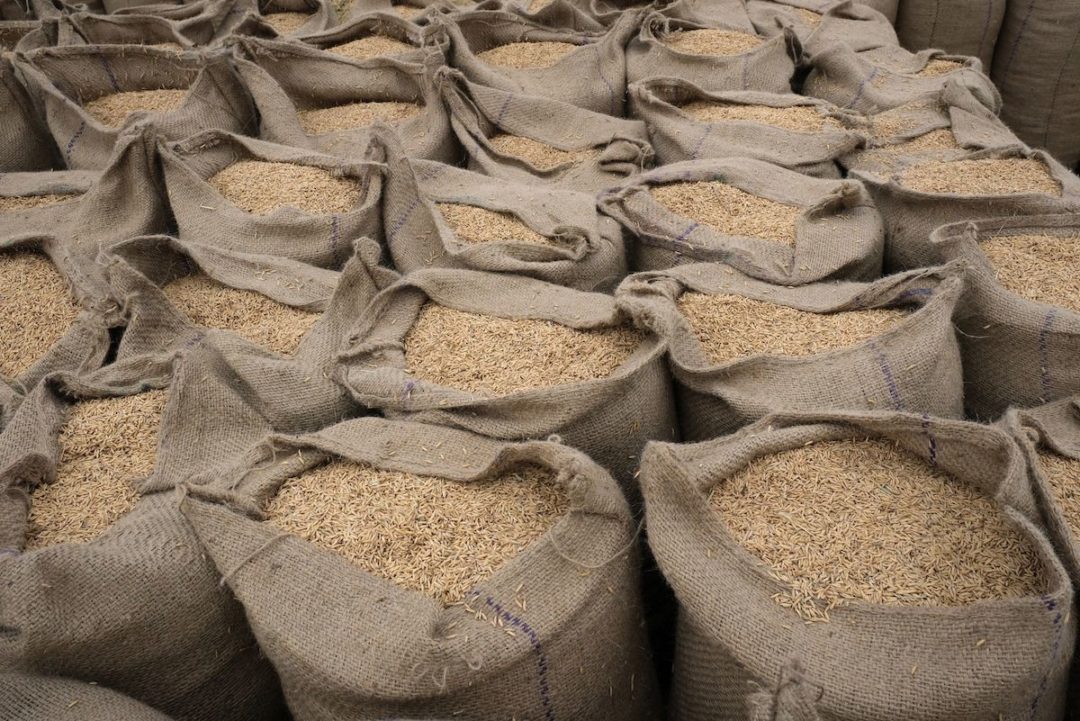
Visit Our Sponsors |
|
|
|
|
|
|
|
|
|
|
|
|
|
|
|
|
|
|
|
|
|
|
|
|
|
|
|
|
|
|
|
|
|
|
|
|
|
|

India, the world’s biggest rice exporter, banned shipments of non-basmati white rice to maintain domestic prices at comfortable levels ahead of the general election due in early 2024.
The government halted overseas sales of the grain with immediate effect, according to a notification by the Directorate General of Foreign Trade, confirming a Bloomberg report published on July 13. Shipments will be allowed on the basis of permission granted by India to other countries to meet their food-security needs and based on requests from their governments, it said.
Although the move could reduce domestic prices of the staple, global costs could advance further at a time when a return of the El Niño weather pattern is already raising concerns about crop damage. Other major grains are surging due to escalating tensions in the Black Sea region, where there are concerns that Russia is trying to weaponize food trade.
Read more: Wheat Prices Continue to Rise Following Russia's Threats on Ukraine-Bound Ships
The latest ruling by the South Asian nation, which has already imposed restrictions on wheat and sugar exports, would affect about 25% of total rice shipments from India, according to a government statement. The grain is a staple for about half of the world’s population, with Asia consuming about 90% of the global supply.
“The move is painful for the trade,” said B.V. Krishna Rao, president of the Rice Exporters Association. African nations will be deprived of supplies from India, he said. “We will request the government to reconsider the ban as soon as the situation improves,” he said, referring to local prices of rice.
India is grappling with high prices of grains, fruits and vegetables. Retail rice prices in Delhi have climbed about 15% in 2023 while the average nationwide price has risen by more than 8%, according to data from the food ministry. Prices of tomatoes in some areas of Delhi have surged more than five-fold since the start of 2023 as heavy rains in several areas have damaged crops and affected truck movements.
Read more: Tesla Interested in Building a Car Factory in India
The South Asian nation, which accounts for about 40% of the global rice trade, banned shipments of broken rice in 2022 and imposed a 20% duty on exports of white and brown rice after Russia’s invasion of Ukraine sent prices of food staples like wheat and corn soaring. The nation supplies rice to more than 100 countries.
Those exporters, who had started loading the grain on ships before the notification, will still be allowed to export the grain. The traders, who have submitted their shipping bills and already berthed vessels at Indian ports, will also be permitted to send rice, the notification said.
The July 20 decision to prohibit some rice shipments will cut prices of the grain in the local market, according to a food ministry statement. Exports of non-basmati parboiled rice and basmati rice are still allowed and that will ensure local farmers continue to benefit from remunerative global prices, it said.
RELATED CONTENT
RELATED VIDEOS
Timely, incisive articles delivered directly to your inbox.

